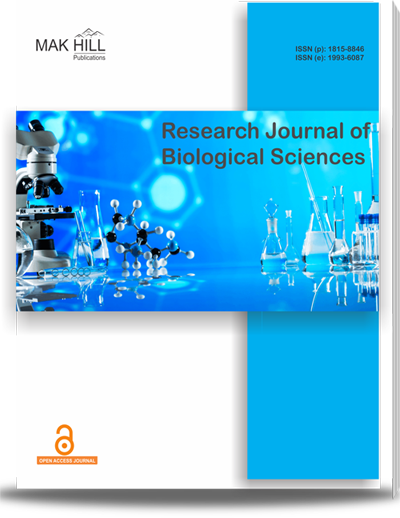
Research Journal of Biological Sciences
ISSN: Online 1993-6087ISSN: Print 1815-8846
Abstract
Avian influenza A/H5N1 virus considered as a public health risk with systemic inflammatory response syndrome. Outbreaks in poultry usually cause transmission to human by the ora fecal route leading to high rate of morbidity or mortality. Avian influenza A/H5N1 virus stimulates gene expression of immune inflammatory host genes which cause high pathogenic impact on human. From 90 patients suffer from severe respiratory symptoms, only 6 patients were serologically diagnosed infected with avian influenza A/H5N1 virus. Real-Time-Reverse Transcription PCR-array (RT-PCR-array) was used twice (first with acute samples and second with control cycle) to determine the rate of immune-inflammatory gene expression (Gene fold change) in human white blood cells. Our findings reveal that avian influenza virus H5N1 viruses can infect human white blood cells resulting in the induction of 9 proinflammatory cytokines (CCL2, CCL3, CCL4, CCL5, CXCL9, CXCL10, IFNa, IFNb and TNF). Our observations suggest that avian influenza H5N1 infection can trigger profound white blood cell impact which may play an important role in the relationship between the pathogenesis of avian influenza virus H5N1 and host immune.
How to cite this article:
Abdulrhem Thonnon Al-Ghazal. Influence of Avian Influenza Virus on Human Inflammatory Gene Expression Profile.
DOI: https://doi.org/10.36478/rjbsci.2019.1.6
URL: https://www.makhillpublications.co/view-article/1815-8846/rjbsci.2019.1.6